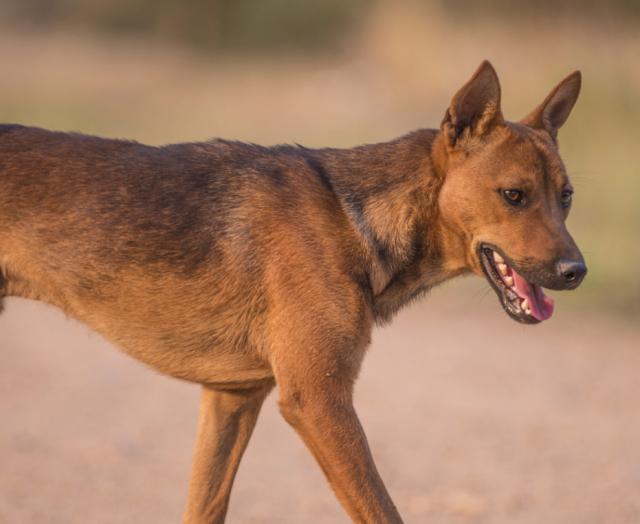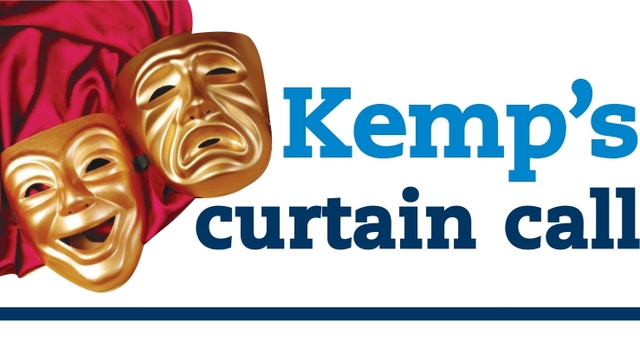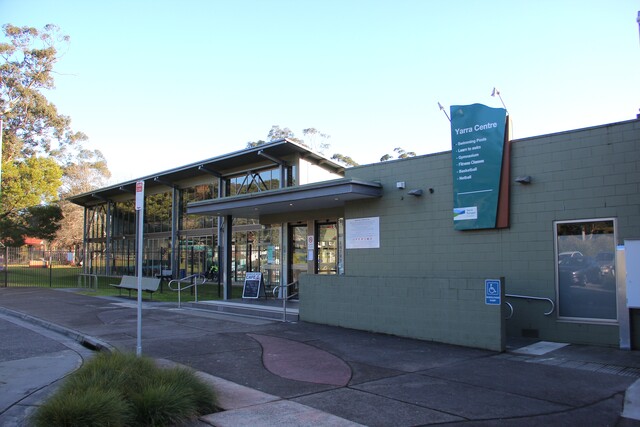Increasing wild dog activity in the Upper Yarra is concerning residents who have seen livestock and native animals killed.
The Upper Yarra is included within Agriculture Victoria’s Gembrook, Noojee and Erica wild dog management zone which outlines the plans and capacity for management efforts in the area.
Don Valley resident Kevin Greenwood said it’s been an ongoing problem that is getting worse and worse each year.
“Myself and the neighbouring properties are losing a lot of livestock, just on my property alone they have killed probably 15 to 20 lambs and sheep in the past three or four weeks,” he said.
“We’ve lived here for 30 years and we’ve seen this problem go in a cycle where the dogs aren’t being managed and they build up, the size of the packs grow and the size of the dogs themselves grow,”
“Years ago they were chasing the children on the motorbikes and one time actually pulled a farmer off his tractor around the corner from us and mauled him very badly, that hasn’t happened this time around but we can foresee we are in exactly the same cycle.”
Mr Greenwood has been recently shooting wild dogs on his property, as well as foxes to protect his sheep and in frustration, has hung the dog corpses on his fence to try and bring light to the problem, a common practice among farmers and livestock owners when a pest animal, such as wild dogs or foxes, are wreaking havoc. He received a call asking him to remove the dead animals due to the confronting nature of the practice.
It’s not just livestock the wild dogs are targeting because as Mr Greenwood said, if you can name an animal, he’s shot them while they are eating it.
“I’ve lived in the area all my life and for a long period of time, it was the release site for koalas from Phillip Island and overpopulation areas, and to give you an idea, the local primary school was always there on the day they came out when they used to release the koalas but when the wild dogs built up, they annihilated the koala population,” he said.
“You’re lucky to see a koala now or a goanna and a lot of other species which were very prominent, I’ve seen them eating everything from full-grown cattle carcasses right down to platypuses in their mouth, field rats, birds, owls and lizards.”
The Gembrook, Noojee and Erica wild dog management zone includes the townships of Avonsleigh, Badger Creek, Beenak, Big Pats Creek, Cambarville, Cockatoo, Coldstream, Don Valley, East Warburton, Fernshaw, Gembrook, Gilderoy, Gladysdale, Gruyere, Healesville, Hoddles Creek, Launching Place, McMahons Creek, Millgrove, Mount Toolebewong, Narbethong, Powelltown, Reefton, Seville, Seville East, Three Bridges, Toolangi, Warburton, Wesburn, Woori Yallock, Yarra Junction and Yellingbo in the Yarra Ranges.
It contains 287,020 hectares of public land, 155,024 hectares of land protected by the three-kilometre livestock protection buffer and 89,717 hectares of private land.
For 2023-2024, the plan states that the area is monitored by one Wild Dog Controller and can facilitate 3000 trap nights and 109 kilometres of targeted ground baiting transects to target wild dogs, though none of the 109km is in the Yarra Ranges. Lots of the Yarra Ranges is slated for trapping in response to wild dog reports and can only use baiting in rare situations.
In Agriculture Victoria’s Gembrook, Noojee and Erica Wild Dog Management Zone Work Plan 2023-2024, it states that 1080 and PAPP bait products are the ‘most cost-effective and strategic method of wild dog control’ in areas where baiting programs are permitted.
“Control staff routinely respond to reports of wild dog activity in the Yarra Ranges and will continue to work with land managers and the community to implement control techniques on public and private land,” a Department of Energy, Environment and Climate Action (DEECA) spokesperson said.
Other lethal methods of wild dog control outlined in the plan include trapping and shooting (recommended only for the removal of dogs from an area or property) as well as non-lethal methods such as exclusion fencing, property hygiene (burning or burying dead animal carcasses), animal husbandry (coordinating lambing times with neighbours to reduce the most vulnerable window and ensuring lambing paddocks are close to homes) and trained guardian animals such as Anatolian shepherds and Maremma sheepdogs.
Residents who see wild dog activity or experience a wild dog attack must phone the local Senior Wild Dog Controller (SWDC) Dwayne Needham at 0429 667 868 to formally lodge an incident report, leaving a message if direct contact isn’t made. The SWDC will return any phone calls within 24 hors, excluding weekends.







